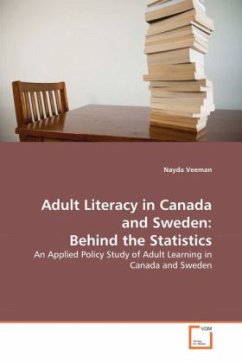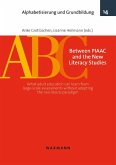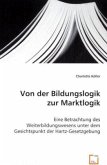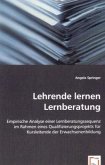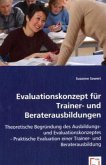The International Adult Literacy Survey was the first comparative report on literacy in industrialised countries. It reported that adult literacy levels in Sweden were higher than those in Canada, Germany, Netherlands, Poland, Switzerland, and the United States. Moreover, Swedish literacy levels were less dependent on an individual's school attainment and socioeconomic status than were literacy levels in the other countries.This book describes the findings of a qualitative applied policy study that sought to understand how public policy factors might account for these differences. It compares adult learning in rural and urban sites in Canada and Sweden and provides a critical perspective for viewing adult literacy as contextual rather than as a technical, pedagogical skill.The book will be of interest to educators and policymakers who are concerned about literacy. It has international appeal as it contrasts the impact of the social democratic approaches of northern Europe and the liberal approaches of English-speaking countries.
Bitte wählen Sie Ihr Anliegen aus.
Rechnungen
Retourenschein anfordern
Bestellstatus
Storno

